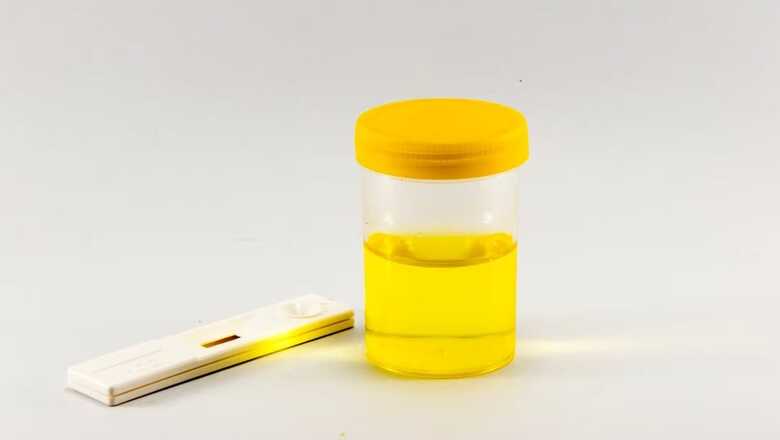
views
Looking for information about the yellow colour of urine? Researchers have finally found the enzyme that causes this. People have always been eager to know the reason behind urine’s yellow hue. The source of this colour was recently the subject of a ground-breaking investigation that was published in the Nature Microbiology magazine. Researchers have finally identified the enzyme that causes urine to appear yellow, a riddle that has baffled scientists for years.
The study’s potential consequences were met with enthusiasm by Brantley Hall, an assistant professor in the Department of Cell Biology and Molecular Genetics at the University of Maryland. A long-mysterious biological phenomenon was finally put to rest with this groundbreaking finding.
Urobilin was thought to be the source of urine’s yellow hue more than 125 years ago. Urine is mainly water, electrolytes, and waste materials that the kidneys filter out of the bloodstream. But until this current study, nobody knew where urobilin came from.
This research clarifies the connection between the colour of urine and the rate of red blood cell disintegration. Bilirubin, a highly pigmented orange substance, is produced as these cells break down. In most cases, bilirubin is either eliminated or partially reabsorbed by the digestive tract. The results of the study imply that once in the stomach, microorganisms can change bilirubin into other compounds.
The enzyme bilirubin reductase, which is found in gut bacteria, is responsible for converting bilirubin into the colourless byproduct urobilinogen, as shown by lead author Hall. The characteristic yellow hue of urine is caused by urobilin, which is formed when urobilinogen breaks down on its own.
Experts thought this process involved a number of enzymes before this discovery. But this finding proved that the conversion of bilirubin to urobilin is dependent on a single enzyme.
There are encouraging implications for our understanding of a variety of health issues related to the involvement of bilirubin reductase in urine colouring. This discovery may shed light on jaundice, inflammatory bowel disease, and gut health, according to the researchers. Babies and people with inflammatory bowel disease do not have enzymes like bilirubin reductase, but these enzymes are present in nearly all healthy adults.
NIH co-author Xiaofang Jiang emphasised the importance of this finding by saying that determining the role of this enzyme could lead to further investigations into the effects of gut flora on bilirubin levels and associated diseases like jaundice. According to Jiang, this discovery is a major step towards comprehending the complex gut-liver axis and how it affects health in general.




















Comments
0 comment